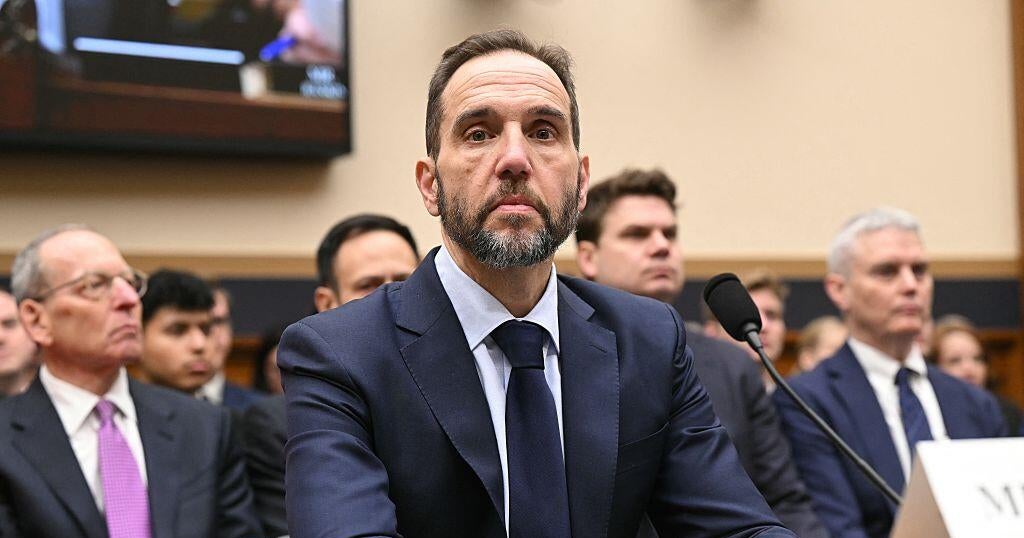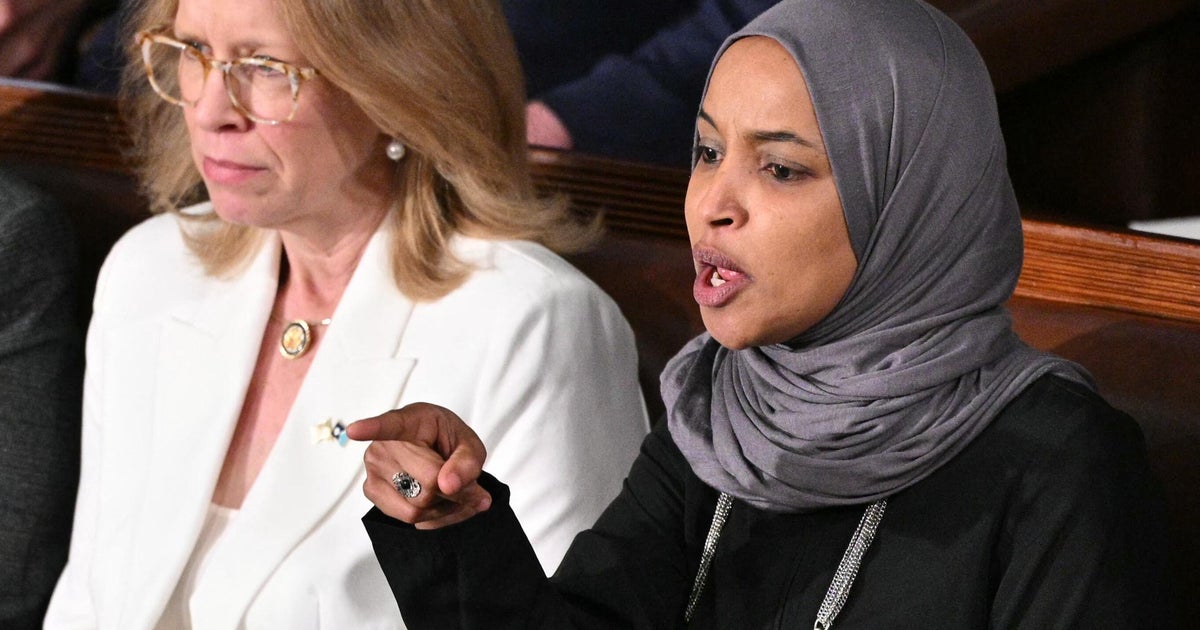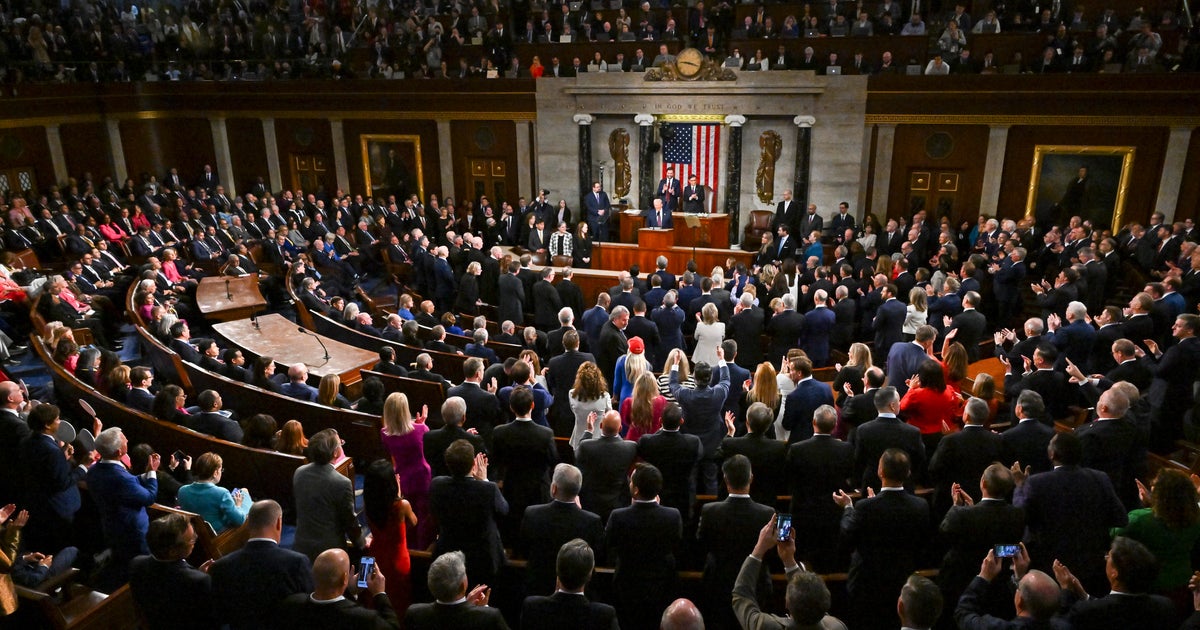House Judiciary to hold series of hearings on Mueller report
One of the key congressional panels leading the charge with ongoing probes into the Trump administration is set to hold a series of hearings on the findings laid out in former special counsel Robert Mueller's Russia report. The nearly two-year long probe into the president's ties to Moscow came to an official close last week after Mueller announced his resignation from the Department of Justice and subsequent closure of the special counsel's office.
The House Judiciary Committee will hold the hearings beginning next week, Chairman Jerry Nadler announced Monday. The first hearing will feature testimony by John Dean, the former White House counsel whose bombshell testimony during Watergate paved the way for President Nixon's resignation.
"These hearings will allow us to examine the findings laid out in Mueller's report so that we can work to protect the rule of law and protect future elections through consideration of legislative and other remedies," Nadler said. "Given the threat posed by the President's alleged misconduct, our first hearing will focus on President Trump's most overt acts of obstruction. In the coming weeks, other hearings will focus on other important aspects of the Mueller report."
The hearings come after Mueller, in his first public statement about his Russia probe, explained that his team of investigators did not explicitly exonerate Mr. Trump, and instead offered reasoning why his office never considered indicting him for obstruction of justice.
"As set forth in the report, after the investigation, if we had confidence that the president did not clearly commit a crime, we would have said so," he said at the Justice Department last week.
Despite Congress' multiple appeals to the special counsel to testify in-person on the nearly 400-page long Russia report, Mueller indicated he would prefer not to testify before Congress, as many Democrats had hoped.
"Any testimony from this office would not go beyond our report. It contains our findings and analysis, and the reasons for the decisions we made. We chose those words carefully, and the work speaks for itself," Mueller said. "The report is my testimony. I would not provide information beyond that which is already public in any appearance before Congress."
The panel has already held two public hearings into the president's alleged crimes, as well as Democrats' ongoing concerns over possible abuse of executive authority. Over the course of the panel's Russia probe, numerous administration officials have successfully dodged congressional subpoenas to appear before the body, claiming executive privilege.
The first hearing in the series, entitled "Lessons from the Mueller Report: Presidential Obstruction and Other Crimes," will take place on June 10 and feature testimony from Dean, former U.S. attorneys and legal experts.
Rebecca Kaplan contributed to this report.



